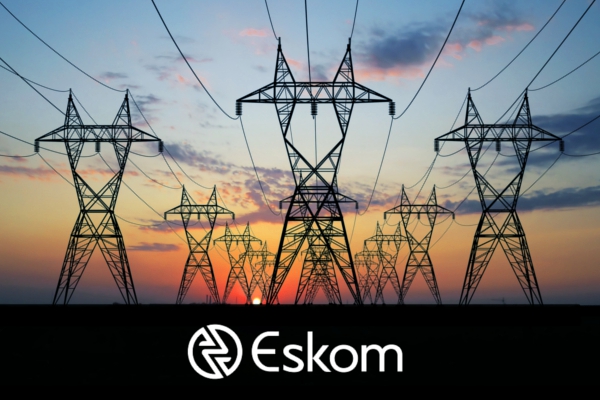By Ndakaziva Majaka
HARARE – Zimbabwean mines are currently finalising a power import deal with South Africa’s power utility Eskom, to relieve pressure on the local electricity demand, the Chamber of Mines Zimbabwe (CoMZ) first vice president, Batirai Manhando has said.

Manhando, who is also Bindura Nickel Corporation managing director, told analysts at the group’s six months briefing in the capital that the deal was tailor-made for Zimbabwean miners and was to last for the next two to three years.
“There is an opportunity in which government, the CoMZ and the ministry of Mines are looking at power importation from Eskom,” he said.
Manhando also said talks were also on-going with the Mozambique power utility for a similar arrangement.
“It will be for 200 or 300 Megawatts (MW), but the finer details of the deal are yet to be polished and all will be notified in due course,” he said.
This comes as Energy minister Samuel Undenge recently instructed mining companies to import their own power in the interim and pool resources to build a power supply station in the long-term, in the face of erratic power supply locally.
According to Undenge, the power deficit currently being experienced by Zimbabwe — in which the country is producing less than 1 000 Megawatts (MW) against a demand of around 2 200 MW per day — was only going to be addressed by the end of 2018.
Undenge’s remarks came after the announcement by Impala Platinum (Implats)’s Zimbabwean unit, Zimplats, that the British Isles-listed miner had concluded a power import deal with Mozambique’s Hydro Cahora Bassa (HCB).
According to Zimplats chief executive Alex Mhembere, power for work on the platinum miner’s base metal refinery (BMR) will come directly from HCB, a deal which will see the platinum miner importing about 80 MW of electricity directly from HCB.
Zimplats already has a contract running that allows it to import about 75 MW of electricity through the Zesa grid from HCB, which expires in two years.
One of the main challenges being faced by the local mining industry is the issue of inadequate power and high tariffs, according to the CoMZ president Toindepi Muganyi.
This comes after the national power utility recently said Hwange Thermal Station was undergoing maintenance until last month, while power generation at Kariba Hydro Station was expected to be reduced by over 36 percent to 475 (MW) due to depleted water resources from the Kariba Dam.
Kariba and Hwange account for 95 percent of Zimbabwe’s 1 300MW daily power output and the shutdown at the latter means the country will produce about a third of its demand which peaks at 2 200MW — worsening electricity shortages in the southern African country, which is already in the throes of a deficit that has seen industry, mines and households go for hours without power.
Ferrochrome and platinum refineries are not operating at full capacity at the moment owing to a decline in commodity prices.
As a result of this, the ferrochrome industry has excess dedicated power supplied by Eskom.
The South African platinum refinery and the ferrochrome industries are relying on Zimbabwean ore. Daily News






